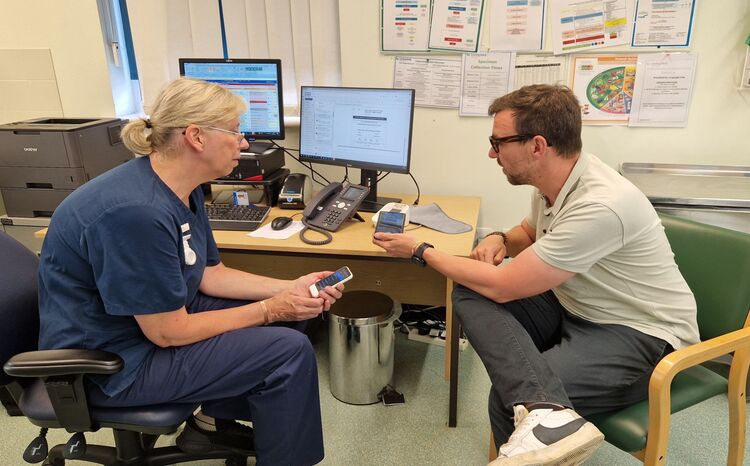HL7 releases child health EHR standard
- 13 January 2009
Health Level Seven (HL7), the healthcare IT standards development organisation, has released the first standard specifying the key functional requirements for child healthcare in an electronic health record (EHR) system.
The HL7 child health functional profile for EHR systems, builds on the HL7 EHR system functional model. It is the first for children approved by the American National Standards Institute.
The purpose of the child health functional profile is to define the general pediatric functions critical for EHR systems and that are used to care for children in the United States. One-third of the US population are children, and more than half of those children visit clinicians in settings other than pediatric offices.
A dedicated child health work group within HL7 has spent the past four years developing the functional profile. The group and identified and refined a broad list of functions required of EHR systems for the care of children.
Five major functional topics are addressed that are essential for a child health EHR system. These include immunisation management, growth tracking, medication dosing, data norms and privacy.
"The intent of the child health functional profile is to assist all child medical providers and associated IT vendors in helping to ensure safe, effective and reliable care of children through the safe and effective use of information technology," commented Andrew Spooner, MD, chief medical information officer at Cincinnati Children’s Medical Center and co-chair of the HL7 Child Health WG.
According to HL7, the child health profile is already being used by the US Certification Commission for Healthcare Information Technology (CCHIT) to help it inform its child health certification criteria for EHR systems. “CCHIT congratulates HL7 in achieving formal approval of its Child Health standards,” said Mark Leavitt, MD, chair of CCHIT.
The HL7 child health work group currently includes twenty-eight physicians, nurses, pharmacists, medical informatics experts, and representatives from the vendor community.
The work group has identified the additional EHR system functionality necessary to care for a child age 0-18 who receives routine wellness and preventative, acute illness, or acute trauma care. The profile covers care that takes place in the newborn nursery, the primary care provider’s office, the emergency room or urgent care clinic, and the inpatient hospital setting.
The profile also supports ambulatory and inpatient hospital care for common chronic pediatric diseases such as asthma, sickle cell disease and diabetes, as well as those with unusual social situations such as foster care, divided homes and state custody.
Link




